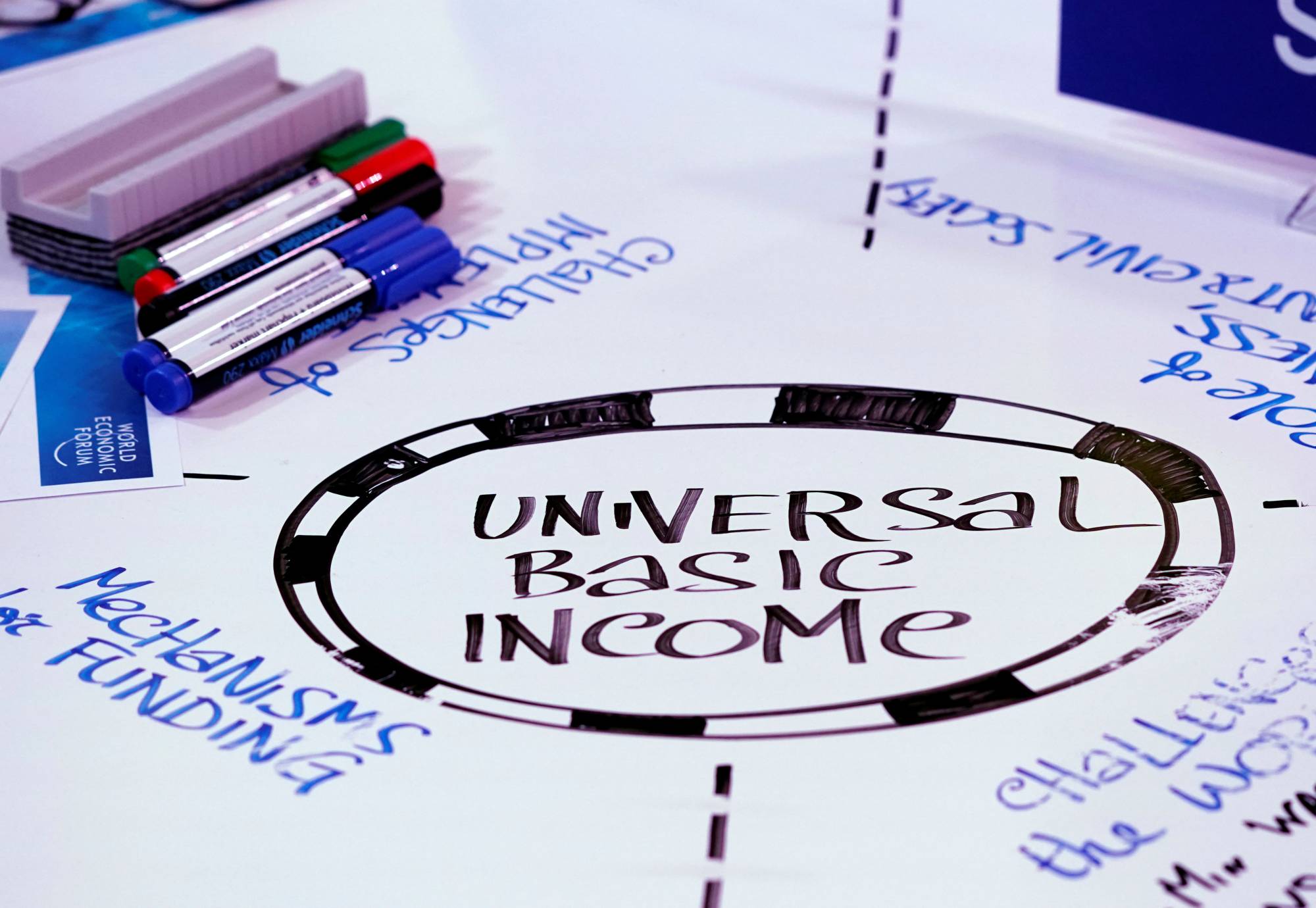To make good policy you should have at least a vague notion of what you’re talking about. But when it comes to perhaps the biggest reform proposal around, we just don’t. I’m talking about a Universal Basic Income, a system of unconditional cash payments to everybody in a given jurisdiction.
The case for a UBI runs as follows: It would reduce poverty, make people healthier and give them more dignity. It would also ease the transition of workers who lose their jobs to robots or artificial intelligence, so they can retrain for different careers. In general, it lets people bridge periods out of work or in bad jobs so they can invest in their own skills and reenter the workforce at a higher level.
To get out of a dead-end job, say, they might take a "sabbatical” for adult education. Or they could temporarily contribute in other valuable ways, for instance by homeschooling their children or caring for elderly parents. Moreover, because a UBI would replace most or (as I would like) all legacy welfare systems, its cost needn’t be prohibitive.



















With your current subscription plan you can comment on stories. However, before writing your first comment, please create a display name in the Profile section of your subscriber account page.